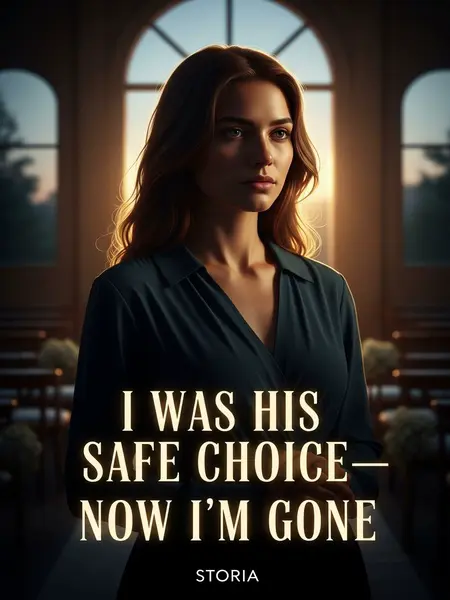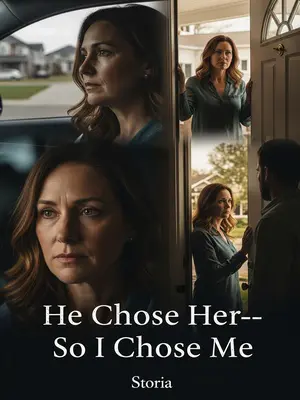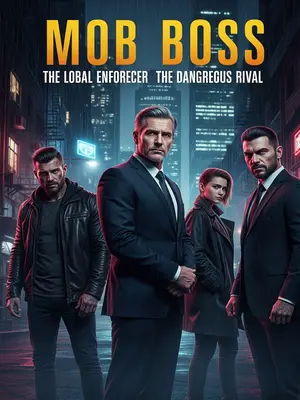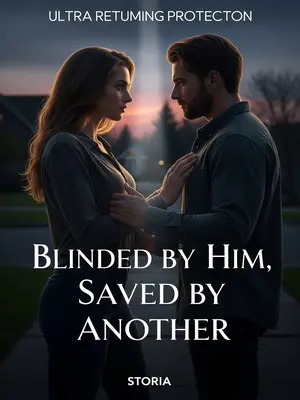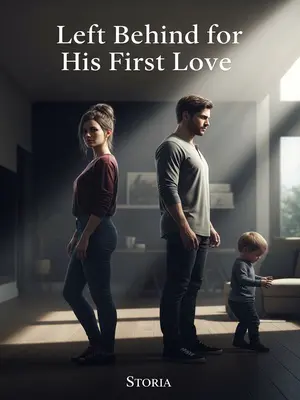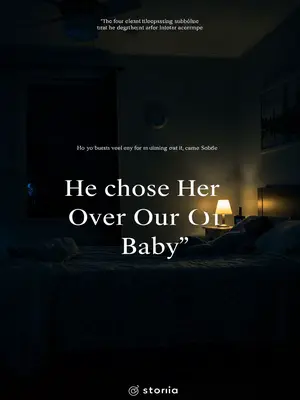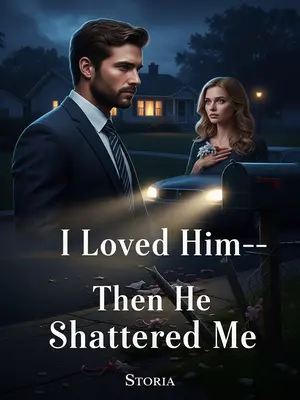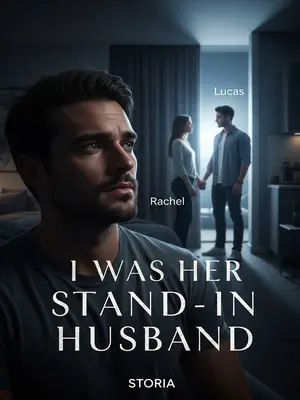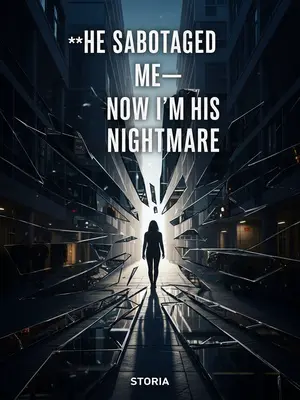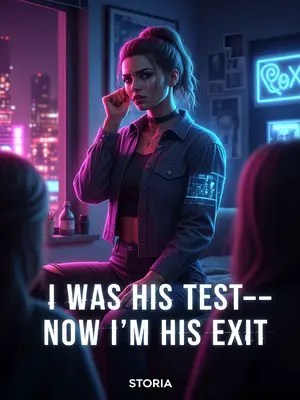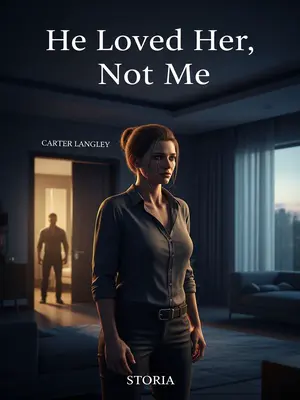Chapter 3: Shattered Keepsakes, Broken Ties
She lifted her chin, sure I’d have nothing to say.
I looked her in the eye. “Congo. The Democratic Republic.”
The words landed like a stone in a still pond. The room went dead quiet, everyone staring at me like I’d just spoken in tongues.
The air went dead still.
“…Where? Congo? Where’s that?”
“She must be drunk, making up stories! Who would go to a place that poor and dangerous…”
I felt the old anger rising, hot and sharp. I thought of all the people I’d met there, all the stories that would never make the news. I refused to let them be erased.
The fire in my chest burned hotter. There, besides me, were so many others—Doctors Without Borders, peacekeepers, aid workers… Are they not normal people?
I took a breath, letting the memories settle. “Not only have I been there, I stayed a whole year. I saw people fighting over minerals, went to Ebola clinics, handed out food with UN workers… I even got shot.”
The room was silent. Everyone’s mouths hung open.
I watched their faces, the disbelief giving way to something like respect—or maybe just shock. Either way, I finally felt seen.
“And another thing.” I swirled the wine in my glass. “There aren’t any yellowfin tuna in the Mediterranean—they like tropical waters. The Camino isn’t in Portugal, it goes from France to Spain. And Uluru? Climbing’s been banned since 2019.”
I narrowed my eyes. “Jordan, lying is bad—it’s easy to get caught.”
Her face turned pale. Suspicious looks bounced around the table.
Jordan suddenly stood up, all bark and no bite. “How could a girl with no parents have been to those places! She’s the one lying!”
Her voice was shrill, desperate. I could see the panic behind her eyes. She wasn’t used to being challenged.
I propped my chin and smiled. “Then show everyone your pictures? You’ve been everywhere, you must have some photos?”
The challenge hung in the air, daring her to prove it. I watched her squirm, satisfaction blooming in my chest.
“I… I…”
Her confidence crumbled, her eyes darting around the room for support.
“Don’t tell me you don’t have any?”
I raised an eyebrow, letting the silence drag out. The others shifted uncomfortably, their admiration turning to suspicion.
She grew more flustered and turned to Mason. “Mason! What’s wrong with your fiancée!! Isn’t this my welcome party? How can you let her bully me like this! Fine, since I’m so unwelcome, I’ll just leave!”
She wiped her eyes and ran out. Chaos broke out. The others hurried Mason, “Go after her! It’s late, what if she gets lost!”
The room erupted in movement, chairs scraping, voices rising. I stayed where I was, watching the show unfold.
Mason’s face darkened. He glared at me and stormed out. The others followed.
He didn’t say a word to me, just shot me a look full of disappointment and something colder. I felt nothing.
“Addie, we’ll head out.” Someone muttered, “How could you go after Jordan like that? Don’t you know you’re the outsider here?”
Their words bounced off me, meaningless now. I was done trying to belong.
“Jealous, obviously! Jordan’s gorgeous and worldly, what’s she got?”
“She made things hard for Jordan, and now her fiancé’s the one comforting her. So dumb!”
Their voices faded as they left, the room emptying out until it was just me and the ghost of what might have been.
They left, sneering. The big private room was suddenly empty, just me. I let out a silent laugh, poured myself another drink, and downed it in one go.
The wine burned all the way down, but I didn’t care. I felt lighter, somehow—like I’d finally stopped pretending.
Actually, Jordan wasn’t wrong—I hadn’t really been to those places. But I knew she was lying because of my mom.
I stared at the empty glass, thinking about all the lies we tell to survive. Mine were different, but no less real. I learned to spot a fake story a mile away, thanks to the woman who taught me what courage looked like.
I wasn’t born without parents. My mom was an international reporter, later stationed in war zones. Back then, a woman working abroad while her husband stayed home with the kid was outrageous. Neighbors always muttered, “Your mom doesn’t want you!” I fought back, but just got mocked harder.
I remembered the sting of their words, the way they’d whisper behind our backs. My dad did his best, but the world wasn’t kind to families that didn’t fit the mold. Still, my mom never apologized for who she was. She sent postcards from every corner of the globe, her handwriting looping across the page like a lifeline.
When I was little, I barely saw her. But she sent letters, postmarked from all over, describing her life and including photos. My happiest childhood memory was sitting on my dad’s lap, listening to him read her letters. In my heart, I pictured that bold, high-spirited reporter.
Those letters were my treasure, each one a window into a world bigger than our Ohio neighborhood. I kept them in a shoebox under my bed, rereading them on nights when the loneliness felt too big to bear.
She wrote: Addie, most women’s worlds are small, but the real world is huge. When you grow up, you have to go see it for yourself. Only by seeing more can you know what you want.
Her words became my compass, guiding me through every storm. Even now, they echoed in my mind, pushing me forward when I wanted to give up.
She was my eyes. Before I’d read many books, I glimpsed the world through her. But when I was five, she died in the line of duty—killed for exposing a massacre during the Kosovo War. The paper only recovered her camera. Besides the footage she died to protect, there was a photo of me, taken at some unknown time.
I remembered the day the news came—neighbors gathered on the porch, their faces solemn. My dad held me tight, tears streaming down his face. The camera was all we had left, a relic of a life cut short.
At that age, I didn’t really understand what “killed” meant. But the neighbors who used to gossip at my door sneered, “See? Women who show off never come to a good end!”
Their words haunted me, shaping the way I saw myself. For years, I tried to be smaller, quieter, less like her. But I never stopped missing her.
After that, I lost my mom, but always remembered her advice: Go and see the world for yourself. Only then will you know what you want.
I clung to her memory, her courage. I promised myself I’d live a life big enough for both of us.
…
That afternoon, the oldest, most battered camera I dug out was hers. My head felt hot and dizzy. I buried my face in my hands.
I sat on the floor, clutching the camera to my chest. The grief came in waves, sharp and sudden. I let myself cry, for the first time in years, letting the pain wash over me.
“Mom, I miss you so much…”
The words came out in a whisper, lost in the quiet of the apartment. I wished she could see me now—broken, but still standing.
The next morning, a headache woke me. I opened my eyes, dazed, and realized I was home. I didn’t even know how I’d gotten back last night. I got up and poured a glass of warm water.
The sunlight slanted through the blinds, painting stripes across the living room. I moved through the house like a ghost, every step heavy with regret.
Mason was sitting in the living room, his face dark. “Is this how you act as the lady of the house?”
His voice was cold, clipped. He didn’t look at me, just stared at the wall like he was already somewhere else.
